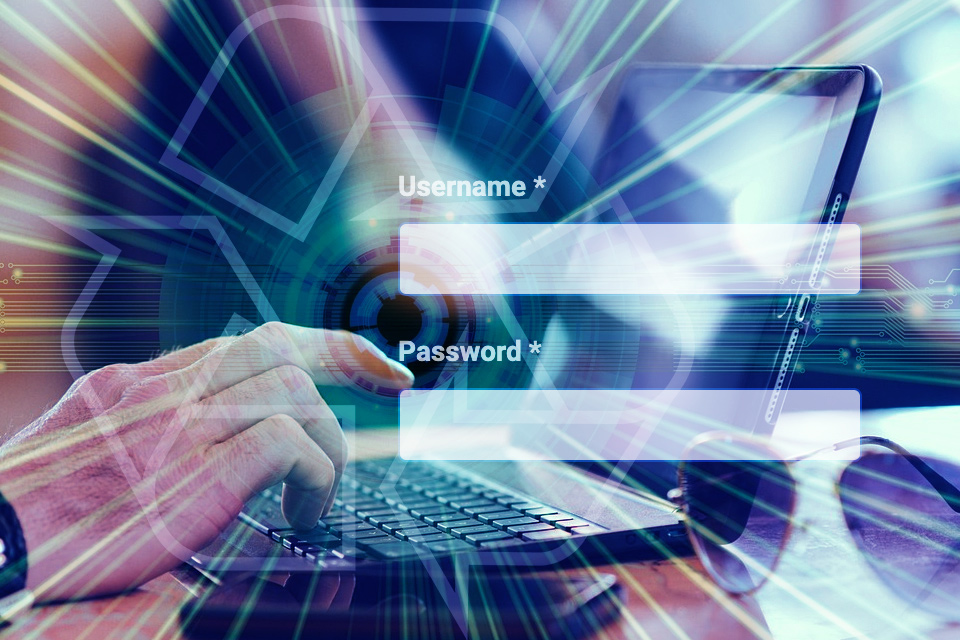Introduction
Reduce, reuse, recycle. It’s usually good advice; unfortunately when it comes to your login credentials, this mantra becomes a dangerous suggestion.
Do you have any applications or profiles that share the same password? Perhaps you even have one old, reliable password that you use variations of whenever you make a new account. The truth about reusing passwords is that it is actually one of the most dangerous things that you can do to your data privacy!
Why is it dangerous to re-use a password?
If one account you use the same password for gets compromised in a data breach, hackers can try that same password on all your other accounts. This can give them access to your email, bank accounts, social media, and more, depending on where you reused the password.
Remember, it only takes one hack to compromise everything; threat actors don’t have to fool you time and again. Even if some of your accounts have strong security measures, if one has weak security and you reused the password, that weak account becomes the chink in your armor. Hackers can buy or steal huge lists of usernames and passwords from the dark web.
What’s more, cybercriminals often use stolen login information from breaches to try logging into other accounts in an automated process called credential stuffing. Reusing passwords makes you more susceptible to this kind of attack, whereas you can mitigate the damage from one breach by not, as the saying goes, putting all of your eggs in one password’s basket.
Hackers can even use brute-force attacks to guess passwords. When this happens, hackers use software to try millions of different password combinations until they guess yours correctly. If you reuse a weak password, it’s much easier for them to crack it and gain access to all your accounts that use the same weak link.
Conclusion
Over 80% of data breaches happen because of weak, stolen or compromised passwords. That statistic alone tells you how important it is to maintain strong, secure and varied passwords that are harder for cybercriminals to guess.
By using unique passwords for every account, you make it much harder for hackers to gain access to your personal information, finances, and other sensitive data. That means at least 12 characters, with a combination of numbers, letters and symbols to prevent unwanted access to your accounts! It’s also important to stay away from making a password out of any information that can be easily found on your social media, like your pet’s name or the city you were born.
A breach of your passwords and accounts can lead to hackers phishing your friends lists from your real account, device and network compromise, and even identity theft! By simply changing your passwords so that they are varied and complex, your risk of a data breach plummets.
Pro-tip: Get a password manager to protect your “vault” of classified credentials, generate secure combinations for you, and auto-populate the login fields for your saved accounts!



